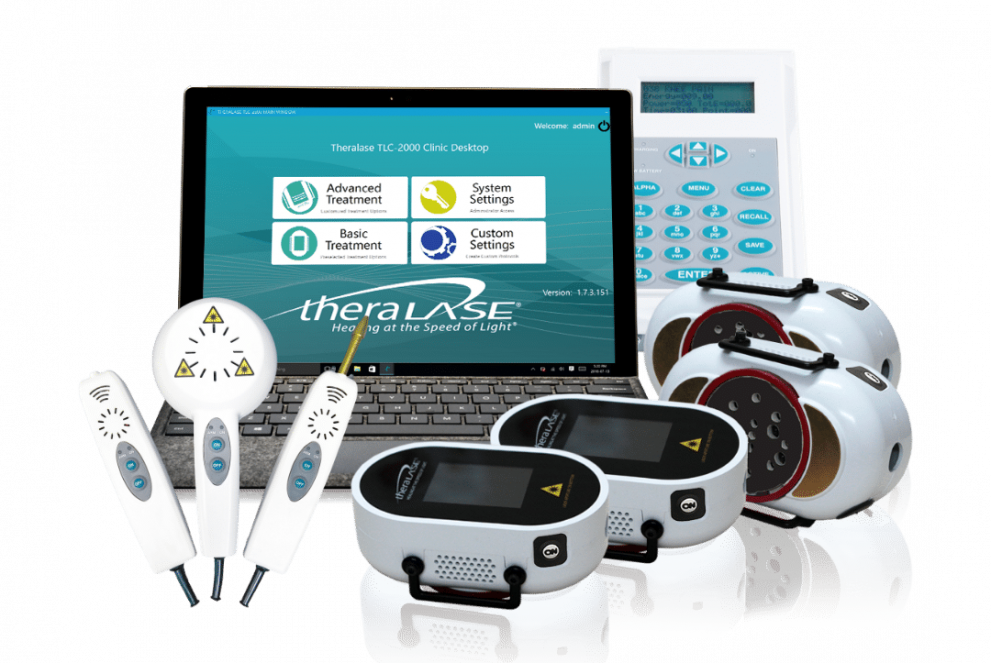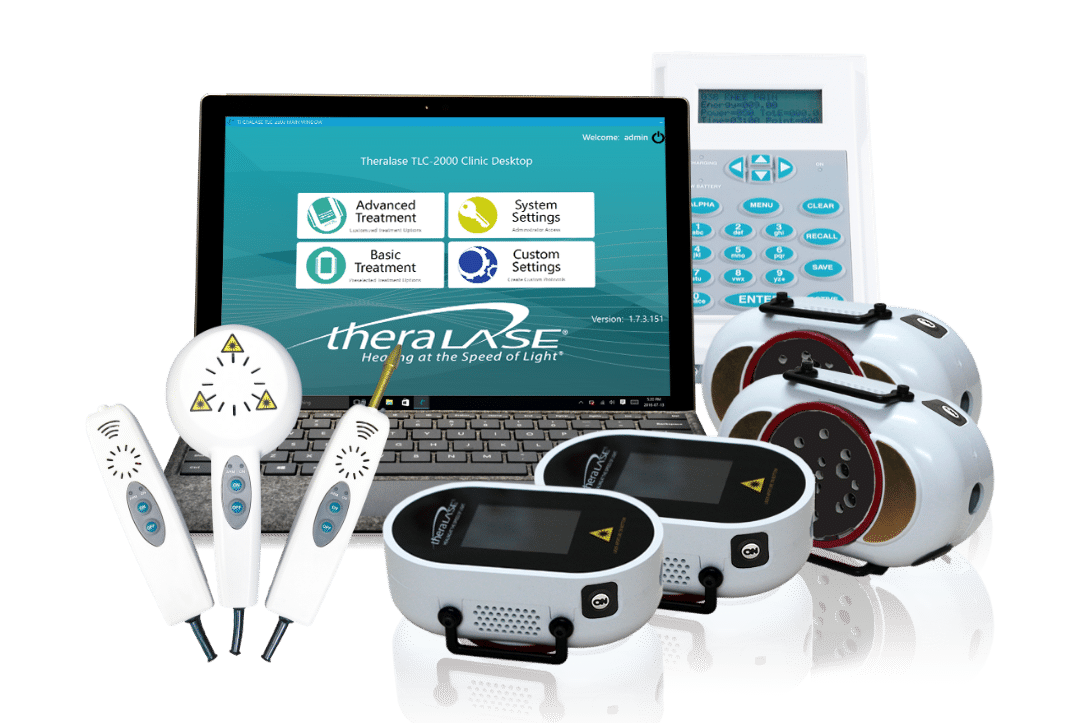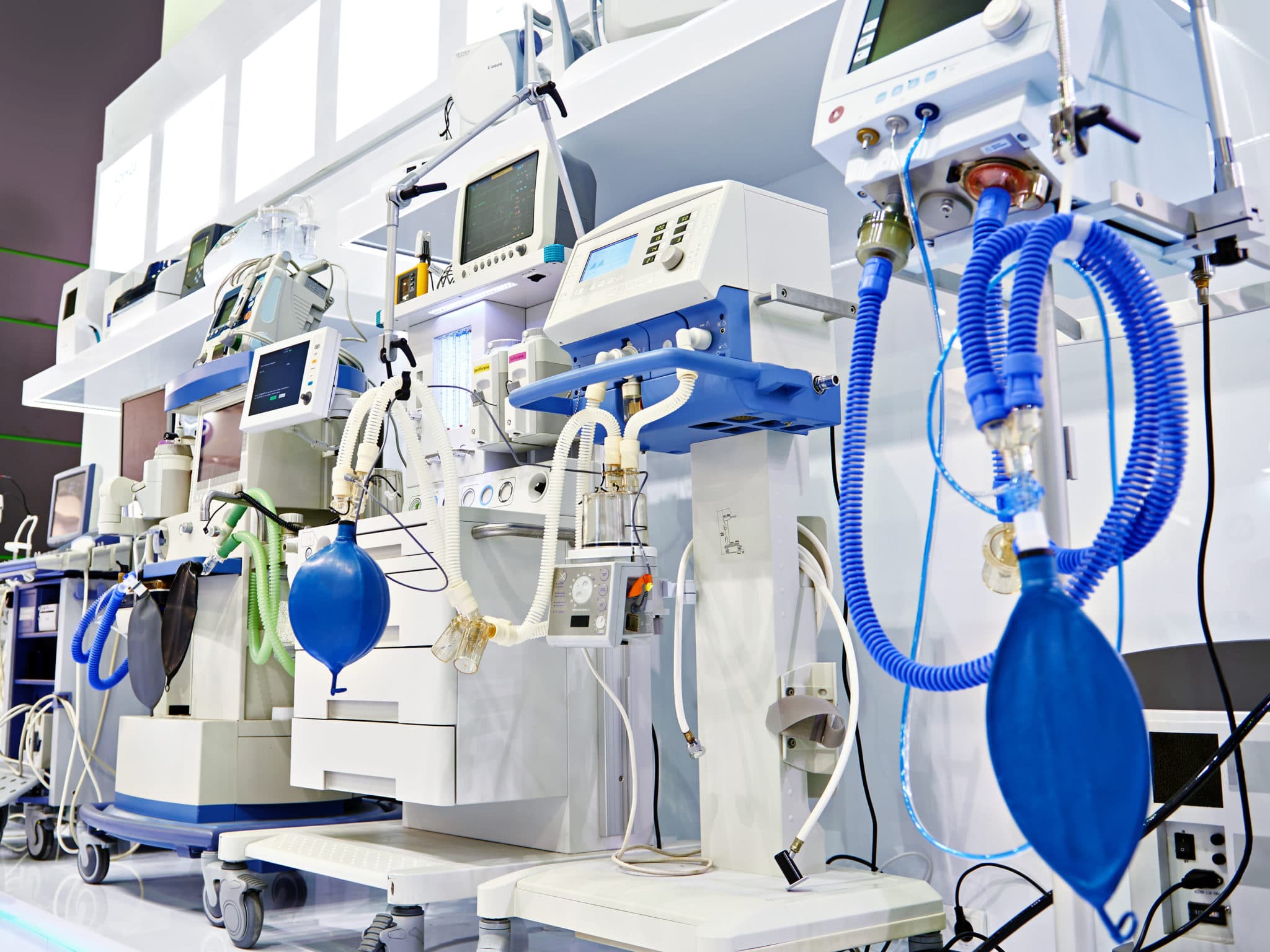
New interim clinical data has Research Capital Corporation analyst André Uddin feeling more bullish about Canadian drug developer Theralase Technologies (Theralase Technologies Stock Quote, Charts, News, Analysts, Financials TSXV:TLT). Uddin maintained a “Speculative Buy” rating while raising his target price from $0.70/share to $1.20/share for a projected return of 161 per cent in an update to clients on Tuesday.
A clinical stage company headquartered in Ontario, Theralase Technologies researches and develops photodynamic compounds to help treat cancer, bacteria and viruses in Canada, the United States and abroad. Theralase is currently developing a therapy for treating BCG-unresponsive non-muscle invasive bladder cancer (NMIBC), while the company also has a legacy business segment in proprietary cool laser therapy devices for pain and inflammation management.
Uddin’s updated analysis comes after Theralase released interim data regarding its ongoing trial of TLD-1433 for treatment of NMIBC.
According to Uddin, the data shows the company’s Phase 2 trial for TLD-1433 to be making good progress, as it works to enrol 125 patients with BCG-unresponsive NMIBC in the trial. According to the parameters of the trial, patients will receive two doses of TLD-1433 with a spread of 180 days. To date, 38 of the 125 patients have received at least one dose, while some have received both doses.
Theralase had previously disclosed two sets of interim data, with the new data representing a third set.
“Comparing the three sets, we noticed as the trial progressed, more and more patients came out of the “pending” group and achieved complete response (CR) at all time points,” Uddin said.
Notably, in comparing the data, Uddin pointed to the KEYNOTE trials conducted by Merck for its Keytruda competitor, which has produced a 19 per cent complete response in its patients. The first two data sets from Theralase suggest greater thresholds of 27 per cent (in 24 patients) and 18.8 per cent (in 33 patients) respectively, while the present trial already has five CR qualifications, only needing three more in the initial group of 38 patients to match the KEYNOTE trial rate.
Of further note, company management also noted that all serious adverse events reported to date were unrelated to TLD-1433, subject to final review and confirmation.
“I am encouraged by the clinical results to date, which demonstrate the potential to fill an unmet need for patients diagnosed with BCG-Unresponsive NMIBC,” said Dr. Arkady Mandel M.D. Ph.D. D.Sc., Interim Chief Executive Officer and Chief Scientific Officer of Theralase Technologies in the company’s April 5 press release. “These patients are facing bladder removal and by delivering them a complete response with a durability lasting up to 15 months post primary study treatment, Theralase is providing them an opportunity to retain their bladder and the quality of life associated with it.”
Uddin points to the company’s 2020 optimization of the treatment protocol as a significant reason for the success to this point.
“We believe the optimization seems to be able to achieve higher responses at all timepoints, as suggested by the percentage of “CR+PR+pending” (PR=partial response),” Uddin said. “Investors should note the comparison is preliminary and additional data over time should provide better clarity.”
Going forward, Uddin has his eyes on another potential Theralase competitor, Sesen, which was to meet with the U.S. Food and Drug Administration on March 28 regarding a second Phase 3 trial, which Uddin believes could shed light on the FDA’s regulatory view on the BCG-unresponsive NMIBC market, with Merck having already received similar approval.
With a slower third quarter (41 per cent year-over-year decrease) as a contributing factor, Uddin forecasts a drop in Theralase’s revenue for 2021, as he forecasts $867,000 in revenue from device sales, representing a seven per cent year-over-year decrease.
He also expects 2022 ($907,000) and 2023 ($998,000) to come in below the $1 million mark in terms of revenue, but he forecasts 2024 to be a major year, with the forecasted launch of TLD-1433 sales expected to fuel a rise to $30.9 million in revenue, the start of a growth ramp that Uddin forecasts to reach $255 million by 2030, almost entirely fuelled by continued TLD-1433 sales.
TLD-1433’s potential success also fuels Uddin’s expectation for the company to produce positive net income beginning in 2025 at $12.8 million, which he expects to climb to a projected $83.1 million by 2030.
Meanwhile, after forecasting a 50 per cent gross margin to wrap up 2021, Uddin forecasts a jump to 60 per cent in both 2022 and 2023 before dipping back down to a projected 52 per cent in 2024, eventually settling in at 59 per cent beginning in 2027 and beyond.
Theralase’s stock price has increased by 25 per cent over the last 12 months, but a closer look into the start of 2022 shows a 14.5 per cent decrease in the first quarter of the year. The stock has been steadily gaining momentum since dropping to a 52-week low of $0.19/share on November 5, climbing to $0.47/share on February 10, then matching that number on March 18.
Comment
One thought on “Theralase Technologies receives a target raise from Research Capital”
Leave a Reply
You must be logged in to post a comment.






 Share
Share Tweet
Tweet Share
Share




Thank you for your insight. I have followed this company and believe in its progress. When I read the news release I thought it might be positive.
This is a 67% increase in target price. Somehow the company lost a third of its value on this interim data release.